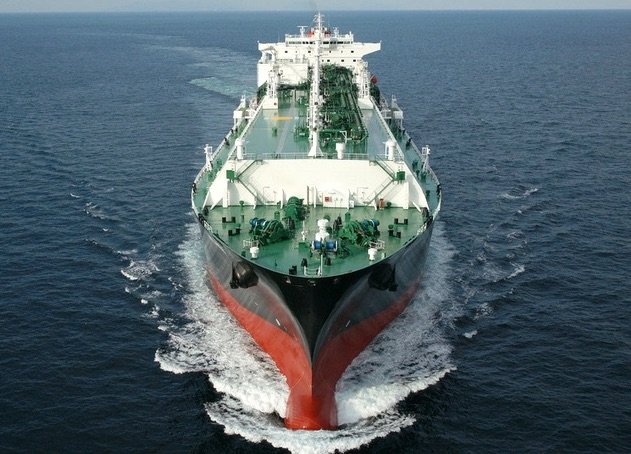2019 predictions and beyond

As is customary at this time of the year the editor tells me to stick my neck on the line and make my predictions for 2019.
Let’s start with the hottest game in town at the moment – liquefied natural gas (LNG) where rates have zoomed up in the final quarter with reports of spot fixtures in excess of $200,000. Looking at the global orderbook – and the longer time it takes to build LNG carriers – I’d say there’s a good 18 months of gas left in the LNG run.
This is the first time in my career where I have seen LNG exporting facilities coming onstream ahead of the new ships coming out of the yards, thanks largely to all the action out of the US. Historically, ships have entered service and confronted production line delays. Moreover, the growth on the demand side led by Asia and China in particular has been better than even the most optimistic could have predicted.
On dry bulk I reckon we’ll see a small improvement over the course of the next year, but honestly I do not want to see a big pickup in this market, which to my mind is already at sustainable levels. Any further significant improvement would inevitably lead owners, like bees to honey, to order more ships, which is not what is needed.
In the tanker segment, products, which are still suffering terribly, should finally pull through to manageable levels during next year. The pain is nearly over.
Crude tankers, meanwhile, this year have been no finer example of the volatile nature of the industry we are in. VLCCs suffered their worst ever opening four months of a year in 2018 and yet are closing out the year in sudden good health. Iranian sanctions have – and will continue to – help prop up the segment and I’m confident that despite some likely jitters early on next year with a slew of deliveries due in the first quarter overall 2019 promises to be solidly in the black for crude.
On the container side, I expect any improvement to be minimal as the ratio between trade growth and GDP growth continues to be low.
The ongoing tariff wars are unlikely to disappear next year, but history tells us such spats are often beneficial for shipping. Extra tonne-miles are already evident in many trades, especially soya beans. Any war or political disruption tends to be positive for shipping.
Enough of 2019, the truth is I am keener to discuss 2020 – it is the topic we cannot avoid, the sulphur cap and apologies for the following blast, but it is a topic that makes my blood boil.
Shipping organisations have failed to deal with politicians and let regulators do things that are not always fit for purpose. We have known this cap was coming for years. Shipping bodies should have advised IMO to get the oil refineries onboard much earlier. The leaders of the shipping industry have failed to live up to the expectations of the political environment, something that happens all too regularly in the maritime industry. Why not embrace the new sentiments and do something positive about it instead of resisting and procrastinating.
I am also disappointed that Port State Control will now control and penalise ships coming in with different fuel. Why not just control the fuel sold in the harbours so nobody gets the wrong fuel? It works on land – I do not see any cars with scrubbers.
Scrubbers are a cheat and it is a travesty – though sadly not surprising – the so called ‘green’ banks have been happy to extend credit lines to their biggest shipping clients to buy these polluter diluters. Sure, there might be a very brief financial advantage – and I mean a matter of months – for bigger ships with scrubbers come January 1, 2020, but rather quickly I feel low sulphur fuel and slow speeding will win the day. Here ends the lesson!
This article first appeared in the latest issue of Maritime CEO magazine. Splash readers can access the full magazine for free by clicking here.
